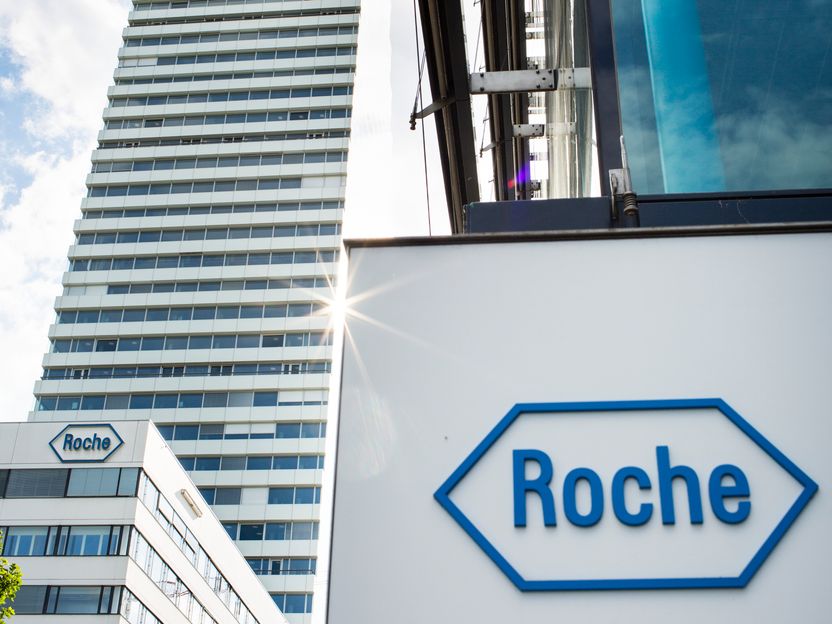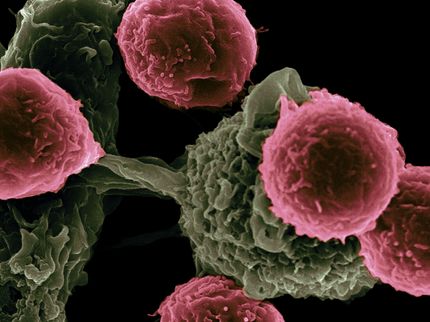Roche acquires Stratos Genomics
Further develop DNA based sequencing for diagnostic use
Roche announced that it has acquired Stratos Genomics, an early-stage sequencing technology company to advance the development of Roche’s nanopore sequencer. The acquisition provides Roche access to Stratos Genomics unique chemistry, Sequencing by Expansion (SBX™). The Roche nanopore sequencer, once developed, will utilise a novel approach that combines electronic and biological components to sequence DNA for fast, flexible and cost-effective clinical diagnostic testing.
“Roche is dedicated to creating innovative diagnostics for the most challenging clinical conditions with techniques that are tailored to individual genetic and disease profiles. These solutions address the demands of research and clinical practice to deliver on the promise of personalised healthcare for patients,” said Thomas Schinecker, CEO Roche Diagnostics. “We look forward to further advancing our sequencing technology as we move to the next generation of healthcare and welcome the world-class scientists and employees from Stratos Genomics to Roche.”
The addition of the SBX chemistry, once fully developed, is expected to provide the healthcare community an affordable, fast and flexible result, for multiple targeted clinical applications as well as whole exome and whole genome sequencing.
“We are thrilled to join the Roche family, which will allow us to combine our unique Sequencing by Expansion chemistry with the Roche nanopore sequencer,” said Mark Kokoris, President & CEO at Stratos Genomics. “With our combined expertise and complementary technologies, we are well-positioned to open the path to deliver scalable, high-performance sequencing to clinicians and researchers.”
Stratos Genomics will continue operations in Seattle, Washington, U.S. Financial details of the agreement were not disclosed.

© 2015 F. Hoffmann-La Roche Ltd
Other news from the department business & finance

Get the life science industry in your inbox
By submitting this form you agree that LUMITOS AG will send you the newsletter(s) selected above by email. Your data will not be passed on to third parties. Your data will be stored and processed in accordance with our data protection regulations. LUMITOS may contact you by email for the purpose of advertising or market and opinion surveys. You can revoke your consent at any time without giving reasons to LUMITOS AG, Ernst-Augustin-Str. 2, 12489 Berlin, Germany or by e-mail at revoke@lumitos.com with effect for the future. In addition, each email contains a link to unsubscribe from the corresponding newsletter.






















































